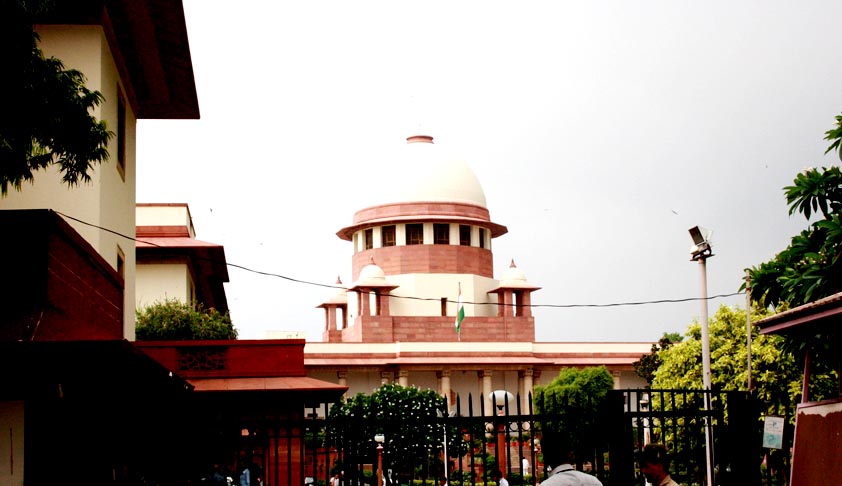Supreme Court to hear on March 6, the petitions filed by victims’ families challenging the TN Govt's decision to release the seven convicts in the Rajiv Gandhi assassination case
LIVELAW NEWS NETWORK
4 March 2014 3:11 PM IST

Next Story
4 March 2014 3:11 PM IST
